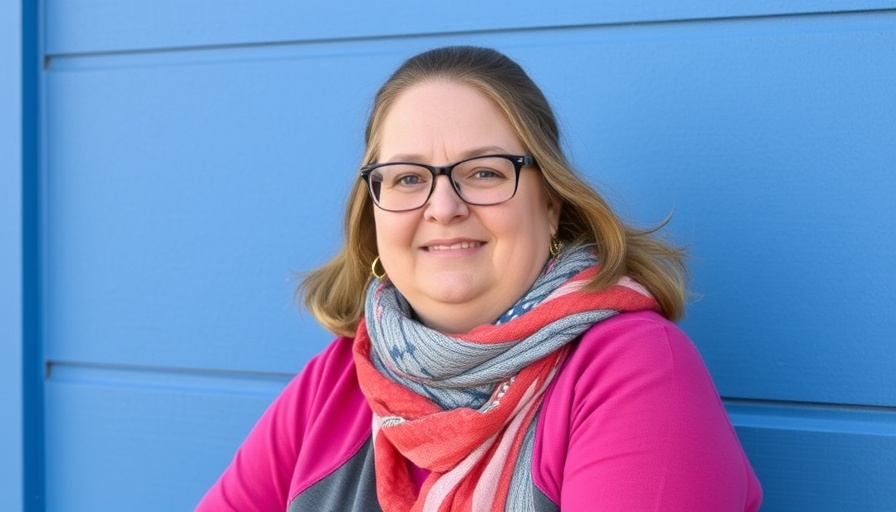
Bridging the Gap: Veterans and Mental Health Care
In rural Montana, the divide between veterans seeking mental health services and the professionals ready to help is slowly closing. Thanks to a $2.3 million grant awarded to Montana State University (MSU), efforts are ramping up to train future mental health advocates who can make a difference in the lives of veterans.
Coffi Delgadillo-Miller, a veteran with three combat tours under her belt, embodies the resilience and determination required to tackle these pressing issues. As a community health worker and case manager for veterans, she is on a mission motivated by personal experience. Losing her brother to suicide—one of the 22 veterans who tragically take their own lives daily—has fueled her passion to ensure that no other veteran goes through similar pain.
The Importance of Mental Health Training
The Montana Family Support Program equips individuals like Delgadillo-Miller with crucial skills to assist those in crisis. With certifications ranging from “Addressing Health Equity” to “Developing an Effective Peer Support Program,” she’s positioned to help change the narrative around mental health among veterans.
“Being in the military, you’re taught to hide your emotions because they're perceived as signs of weakness,” Delgadillo-Miller points out. But she aims to challenge that stigma by creating an environment where veterans can express their feelings openly and seek help without judgment.
Empowering Through Shared Experience
The peer support model, as emphasized by Natalee Wheeler, project and training coordinator at MSU, highlights the importance of 'lived experience.' Delgadillo-Miller’s background as both a veteran and a mental health advocate allows her to connect deeply with those she serves. Her journey reflects the reality that many veterans face, and she serves not only as a guide but also as a beacon of hope.
Future Predictions: A Turning Tide in Veteran Support
As more veterans and advocates step up to fill the gaps in mental health services, we can predict an increase in community-based programs aimed at preventing veteran suicides. The ongoing support provided by initiatives like the Montana Family Support Program can potentially lay a foundation for sustainable mental health care that prioritizes the needs of veterans amidst a broader societal shift toward acceptance and understanding of mental health struggles.
Actionable Insights: Helping Veterans Help Themselves
For those in the workplace or looking to contribute to this cause, there are several ways to support mental health initiatives. Organizations can partner with local veteran groups, provide resources for mental health training, or host awareness programs that promote emotional well-being. Moreover, fostering a culture that encourages open discussions about mental health—especially for veterans—can greatly aid in breaking the barriers that keep many from seeking the help they need.
The Need for Continued Support
The military community often suffers in silence due to the accumulated strain of service-related trauma. Professionals like Delgadillo-Miller are working bravely on the frontlines, advocating for change and support. But it’s essential for society to play its part by recognizing and addressing the unique challenges faced by veterans.
With rising awareness and programs in place, there’s hope on the horizon for improving mental health resources within the veteran community. Every step taken today can plant seeds for a healthier tomorrow, ensuring that no veteran feels alone in their battle.
 Add Row
Add Row  Add
Add 




Write A Comment